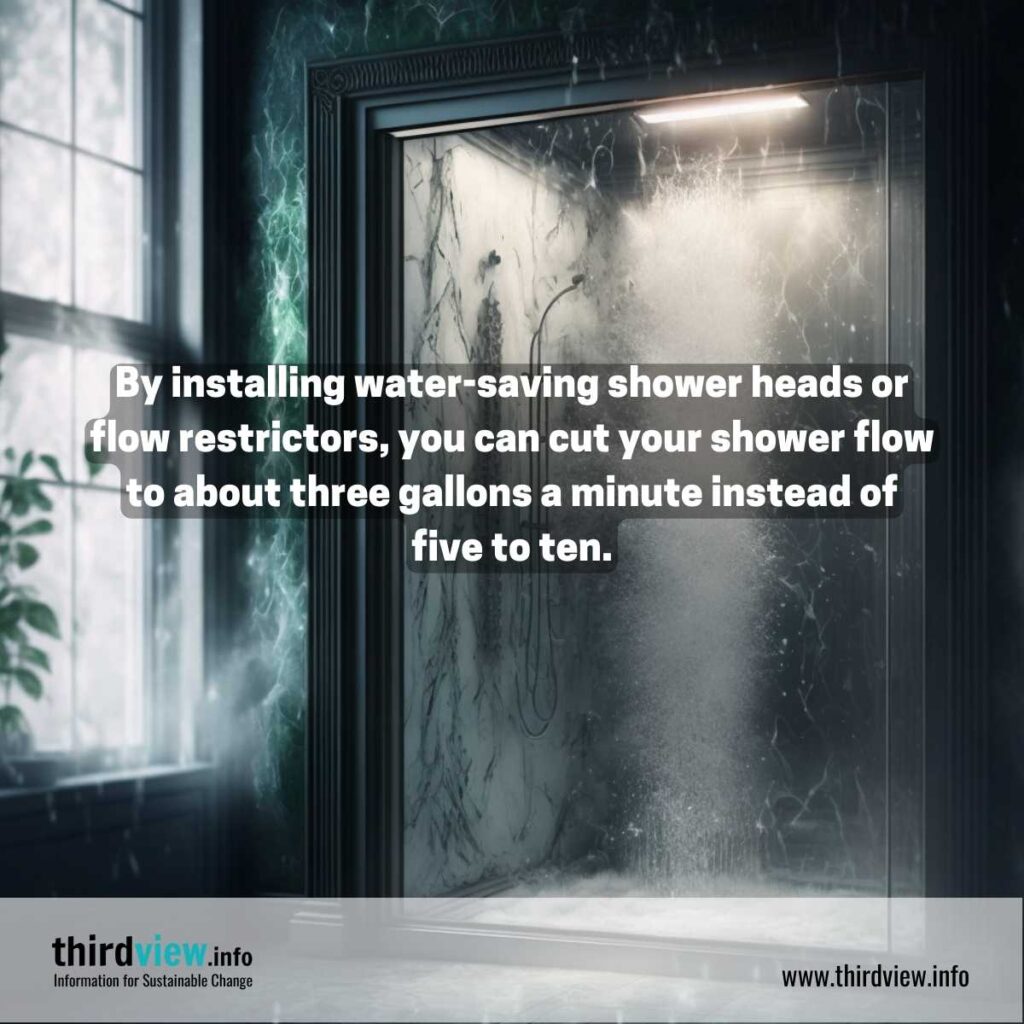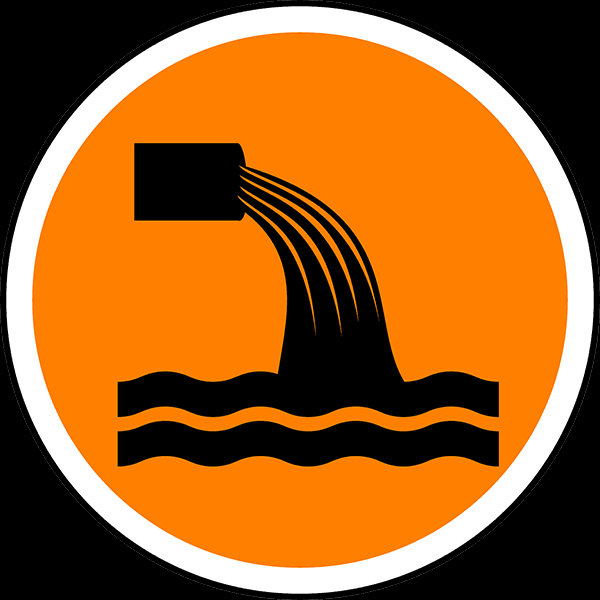Not known Details About Reclaim Waste
Not known Details About Reclaim Waste
Blog Article
The Buzz on Reclaim Waste
Table of ContentsReclaim Waste - TruthsSome Known Details About Reclaim Waste The Single Strategy To Use For Reclaim WasteOur Reclaim Waste DiariesWhat Does Reclaim Waste Do?
Explore the kinds, incidents, and forms of fluid waste. Domestic sewer waste refers to the waste and items from a property septic tank. This kind of waste is produced by humans in homes, schools, and various other buildings. This only consists of septic tanks that have a drain field. The correct administration and disposal of residential sewage waste call for liquid waste to be moved to a sewer treatment plant where the correct techniques and tools are related to detoxify and take care of waste.
Business waste typically consists of possible risks, such as combustible products or a mix of fluid and strong waste products, and requires a much more innovative and detailed disposal procedure. The disposal of industrial waste commonly involves the filtering of waste prior to transport to ensure secure and correct disposal. Industrial waste is created from by-products and overflow of commercial procedures and manufacturing.
This sort of waste can not use the same sewage administration transport or procedures as septic or business fluids. The industrial waste management process requires the assessment and screening of liquid waste prior to it goes through the disposal procedure (liquid waste disposal). Drainage waste is the fluid waste that originates from drainage and excess stormwater in very booming locations or cities
Drainage waste can trigger contamination and flooding if not dealt with correctly. Ensuring correct waste administration can avoid disasters and lower environmental injury.
The Of Reclaim Waste
Contact PROS Providers today to learn about our waste administration and disposal services and the proper ways to take care of the fluid waste you create.
(https://moz.com/community/q/user/reclaimwaste1)Do you understand what happens to your water when you pull the plug, purge the bathroom or drain the cleaning device? No? Well, it deserves understanding. This supposed 'wastewater' is not just a vital source however, after therapy, will be released to our land, waterways or the sea. Utilized water from toilets, showers, bathrooms, kitchen sinks, washings and industrial procedures is known as wastewater.

water used to cool down equipment or clean plant and devices). Stormwater, a form of wastewater, is drainage that flows from agricultural and city areas such as roofings, parks, yards, roads, paths and rain gutters right into stormwater drains, after rain. Stormwater streams untreated directly to regional creeks or rivers, at some point reaching the ocean.
A Biased View of Reclaim Waste
In Queensland, a lot of wastewater is dealt with at sewage treatment plants. Wastewater is delivered from residential or commercial websites with a system of drains and pump stations, understood as sewerage reticulation, to a sewage treatment plant. City governments construct, keep and run most sewer therapy plants. Operators are certified under the Environmental Management Act 1994 to discharge treated wastewater at an appropriate ecological criterion right into rivers.
The Department of Natural Resources recommends regional governments concerning handling, operating and preserving sewerage systems and therapy plants. In unsewered areas, my company city governments might need householders to mount specific or home sewage therapy systems to treat domestic wastewater from bathrooms, kitchens, bathrooms and washings. The Department of Natural Resources authorizes making use of household systems when they are confirmed to be efficient.
Many stormwater receives no therapy. In some new communities, treatment of some stormwater to get rid of trash, sand and gravel has actually begun making use of gross contaminant catches. Wastewater treatment takes place in four phases: Removes strong matter. Bigger solids, such as plastics and various other objects mistakenly discharged to sewage systems, are eliminated when wastewater is passed with displays.
Uses tiny living microorganisms knows as micro-organisms to damage down and eliminate remaining dissolved wastes and great particles. Micro-organisms and wastes are incorporated in the sludge.
The Single Strategy To Use For Reclaim Waste
Nutrient elimination is not available in all sewer treatment plants because it calls for costly specialized equipment. It is coming to be extra usual in Queensland. Clear liquid effluent created after therapy may still include disease-causing micro-organisms. If this effluent is launched into rivers such as rivers or the sea, the micro-organisms will eventually pass away out.

A lot of wastewater moves right into the sewerage system. Under the Act, regional federal governments provide approvals and licences for environmentally pertinent tasks (ERAs) including wastewater releases that could have a regional effect.
Some Known Details About Reclaim Waste
Otherwise, samples are considered lab evaluation. Often many examinations are needed to develop the levels of each of the various toxins such as oils, heavy steels and chemicals in water. Monitoring gives factual details concerning water quality and can verify that licence conditions are being fulfilled. The information obtained through surveillance offers the basis for making water top quality choices.
Report this page